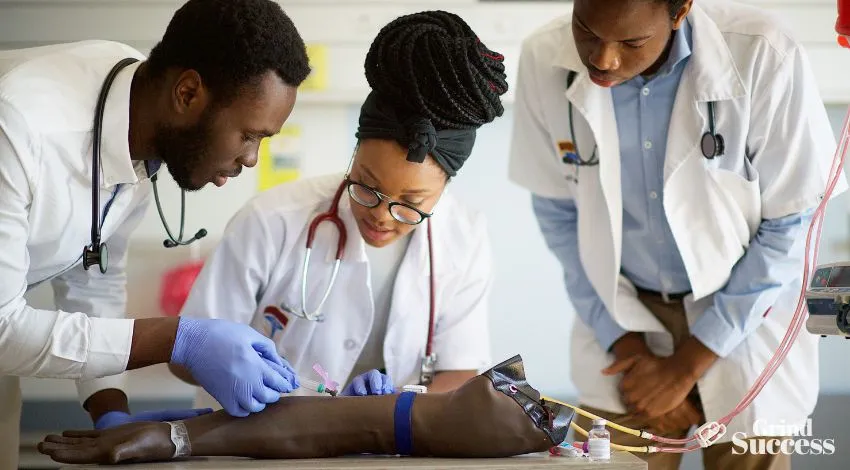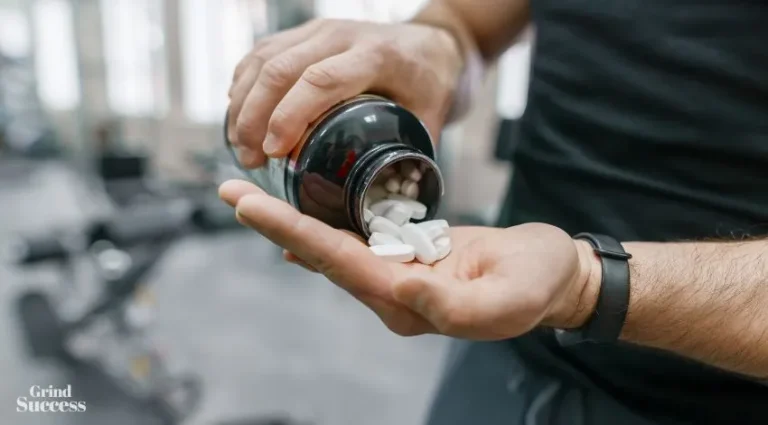What to Expect From a Houston Phlebotomy Class

Phlebotomy is one of the most important aspects of healthcare and medical care. It involves drawing blood, safely storing it, and properly transporting it for testing and analysis.
As such, taking a phlebotomy class in Houston is an essential part of becoming certified as a phlebotomist in Texas. Let’s take a look at the structure of these classes so you can get an idea of what to expect.
Course Duration & Format
The length of your phlebotomy class in Houston will depend on several factors, including the type of program you choose and whether you are taking classes online or in person.
Most traditional programs have a standard duration of 10-12 weeks, with each class lasting 4-5 hours per week. However, some programs may offer accelerated options that can be completed in just 2-4 weeks.
Online classes are also becoming increasingly popular for those who cannot attend traditional classes due to work or family commitments. Online courses typically last between 8-10 weeks, with each lesson taking about 1-2 hours to complete.
It is important to note that online courses do not substitute for hands-on experience; most online courses require at least 30 hours of clinical practice before certification can be granted.
Assessments & Certifications
At the end of the course, most programs require students to take an assessment test in order to demonstrate their mastery of the material covered during class.
Upon completion of this test, as well as any other requirements outlined by your program, you will be eligible for certification as a professional phlebotomist. This certification allows you to work in healthcare facilities across Texas and beyond!
Classroom Instruction and Theory
The classroom portion of a Houston phlebotomy class covers both theory and practical instruction. In the theory phase, you will learn about all aspects of phlebotomy including anatomy and physiology, laboratory procedures, safety protocols, infection control measures, patient preparation, specimen collection techniques, and more.
You will also learn about collecting blood specimens from infants and children as well as other special populations like the elderly or immunocompromised patients. This knowledge is necessary before attempting any practical work in the lab or clinic setting.
Lab Practical Training
After mastering the basics in the classroom setting, students move on to hands-on learning in a lab environment. Here they are taught how to properly draw blood with minimal discomfort for the patient while still following all safety protocols.
This includes proper equipment handling techniques as well as venipuncture methods that must be used when collecting specimens from different parts of the body including arms and feet.
During this part of the course, you will gain experience using different types of needles and syringes which are necessary for performing various tasks such as intravenous drug administration or intramuscular injections.
Clinical Rotations
Once students have completed their classroom instruction and lab practical training they move on to clinical rotations under supervision from instructors or certified phlebotomists who are already working in hospitals or clinics in the Houston area.
During these clinical rotations, students get real-world experience working with actual patients and hone their skills in order to become proficient phlebotomists upon graduation from their program.
Students also receive further training on medical terminology, ethics, legal considerations, communication techniques, record keeping, customer service skills, etc . which are all vital components for any successful healthcare professional.
Becoming a certified phlebotomist requires completing an approved program consisting of classroom instruction, lab practical training sessions, and supervised clinical rotations under experienced professionals in Houston area hospitals or clinics.
The coursework provides students with all the necessary knowledge needed to excel at their job upon graduation by covering topics like anatomy & physiology, laboratory procedures, safety protocols, infection control measures, patient preparation techniques & specimen collection methods.
With this comprehensive approach to education, you will be prepared for success after completing your certification program!





